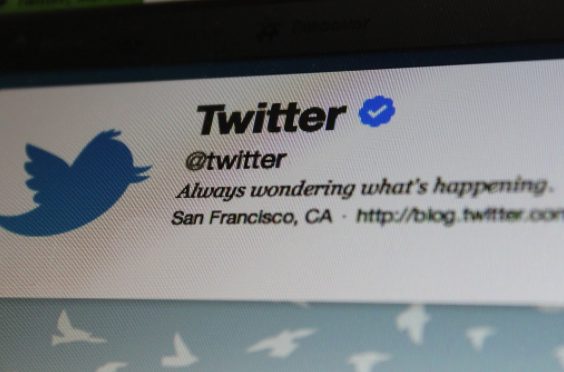The Dangers of Twitter’s Cancel Culture

Every few weeks, there seems to be a new person suffering from Twitter beginning its many controversies, from out-of-context screenshots to atrocious allegations. This has evolved into a type of internet culture called “cancel culture”. This when someone makes an allegation about another person, most often a celebrity/content creator or company, seeking to abolish their career or land them in jail via Twitter. In some cases, it has worked. It has put shameful people in their place after their scandal gets revealed all over social media. In other cases, and unfortunately, in most, innocent creators are sent hate for something that never happened, their reputation ruined in the process.
“I don’t like cancel culture. I don’t like how people become judges of other people’s actions and even dictate their career, often ending it because of a mistake someone had done years ago,” stated Freshman, Eunice Cruz.
From misunderstandings to haters, people get shut down on Twitter over false rumors or outrageous accusations, left with no career to fall back on. As the internet slowly became more well-known and easy to use, people have been using it as a way to build a hobby and sometimes a job by making content. As it is a fun job, it is easy for others to ruin it, by ruining their image on their platform. Some can create a false narrative and have it trending in the next hour, the person being affected not being able to do anything about it.
“Drama on Twitter, when it occurs, comes in large numbers. While people try to educate others when they’re wrong, it usually gets blown entirely out of proportion: doxxing, death threats, sending gore, etc.” adds Freshman Sydnee Prater.
It’s extremely concerning, and quite frankly dangerous, how easy it is to destroy someone’s image, no matter how untrue the rumor can be. And with others amplifying the situation, by either feeding into it or spreading it across other platforms, there is no real way to come back from it without taking a few blows. Not just your platform gets affected, but colleagues and companies can see your digital footprint, leaving you without a job or education in the future. Is cancel culture necessary, or are people just trying to find something to be mad at?
“People should educate the person before canceling them, but if it’s too far gone and they are set on their controversial statement/belief, not supporting them is best,” commented Freshman, Sydnee Prater.




